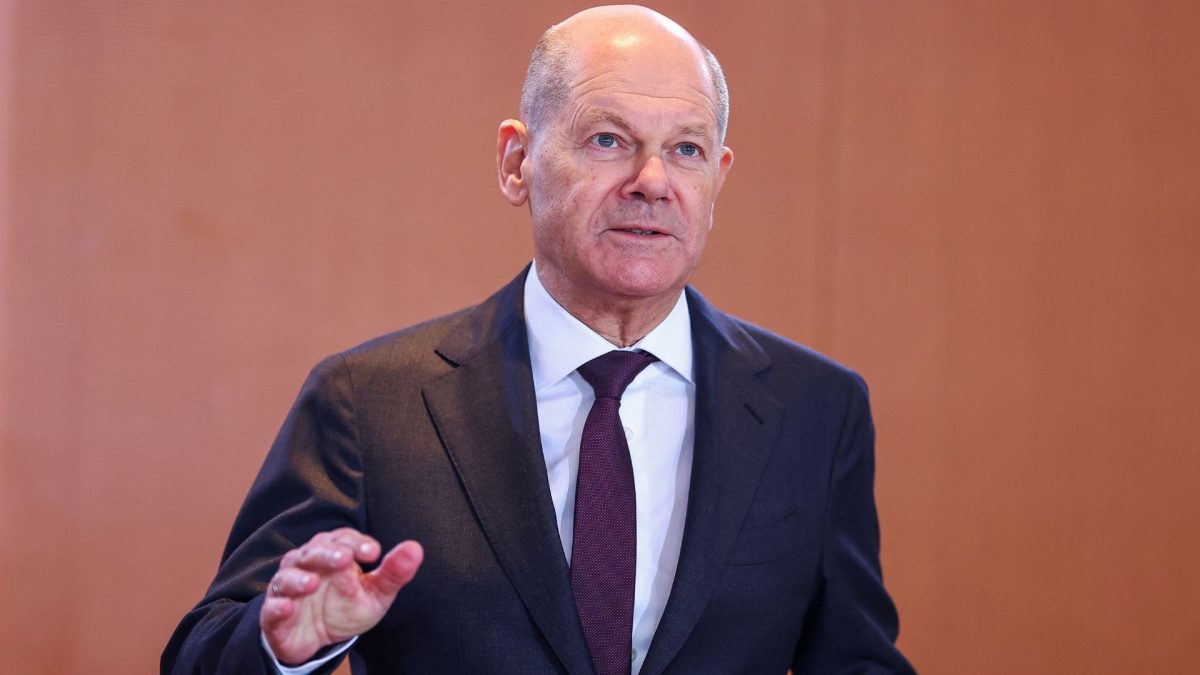German Chancellor Olaf Scholz fired his rebellious Finance Minister Christian Lindner on Wednesday (November 6), effectively ending the nation’s three-party coalition government.
The decision followed weeks of intense disputes within the coalition, comprised of Scholz’s Social Democrats, Lindner’s Free Democrats, and the Greens.
Scholz later held a press conference saying he would have “spared” Lindner “especially in times like these, when uncertainty is growing”, in an apparent reference to Republican leader Donald Trump’s victory in the US presidential election, but negotiations to salvage the coalition did yield desired results.
The German chancellor also indicated that he would like to run the government till the end of the year, and seek a trust vote in January. He is unlikely to survive a vote of confidence in parliament after the collapse of the three-party coalition. Such a scenario would necessitate a snap election, which has been a rarity in German politics.
The chancellery confirmed the firing after a high-stakes meeting with senior members of all three parties, according to Scholz’s spokesman, Steffen Hebestreit.
Lindner, a vocal advocate for economic reform, had pushed for substantial policy changes to revive Germany’s struggling economy, clashing with the Social Democrats and the Greens. He had previously hinted at a possible split from the coalition, warning of “an autumn of decisions” as tough budget negotiations approached.
The Bild newspaper reported that Lindner expressed frustration during recent talks, stating there was insufficient agreement on economic and financial issues. He reportedly suggested the coalition consider new elections in early 2025, though Scholz dismissed the idea.
Impact Shorts
More ShortsLindner argued that Donald Trump’s US election win had thrust into the spotlight the need for Germany’s economic shift, making the proposed reforms even more critical.
If Scholz’s coalition break-up holds, the Social Democrats and the Greens are expected to continue governing as a minority until the next scheduled election in September 2025.
(With inputs from agencies)


)

)
)
)
)
)
)
)
)



